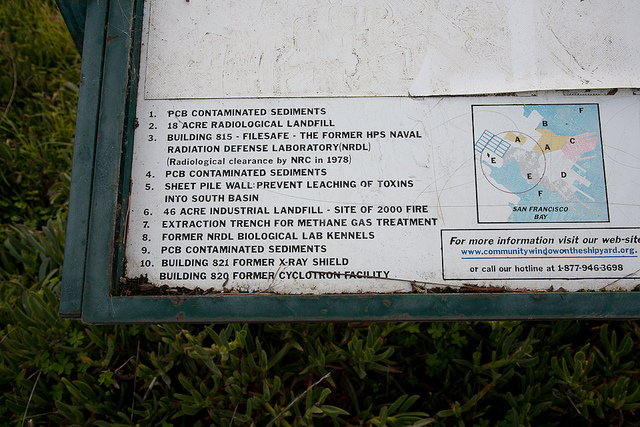Environment
Yosemite’s snow; Yosemite’s woe
|
The great news in California’s High Sierra this January is that its fabled snowpack, for years underfed by an apparently vengeful Skadi, is almost back to normal after a week of roiling storms left some measuring stations over 100 percent of what is normal for an average April. That means come the spring, the waterfalls tumbling into Yosemite Valley ought to be spectacular — awesome perhaps. That might not be so good for the park.


